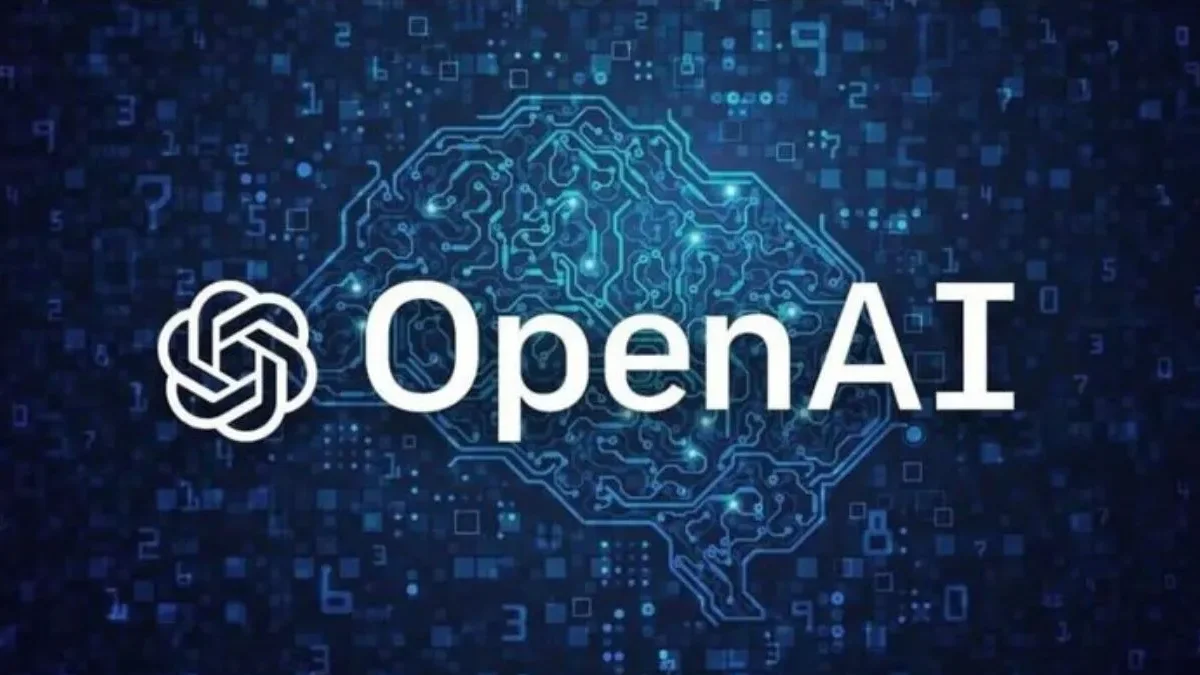Necessary Always Active
Necessary cookies are required to enable the basic features of this site, such as providing secure log-in or adjusting your consent preferences. These cookies do not store any personally identifiable data.
|
||||||
|
||||||
|
||||||
|

OpenAI, the company that owns ChatGPT, has secured a $6.6 billion funding from investors. Reuters reported that the new OpenAI funding has raised the startup’s valuation to an impressive $157 billion and positioned the company among the most valuable private entities globally.
OpenAI’s latest funding attracted investors like Khosla Ventures and Thrive Capital who have previously funded the AI startup.
OpenAI’s funding round was led by Thrive Capital, which invested $1.2 billion. Thrive Capital also committed to invest an additional $1 billion next year if OpenAI meets its revenue goal.
Open AI’s corporate backer, Microsoft also participated in the funding round alongside Nvidia. Though this is the first time Nvidia has invested in OpenAI, the chip manufacturer appeared keen on the growth of the AI company.
Other investors who participated in the funding round include Altimeter Capital, Fidelity, SoftBank, and MGX, who also looked enthusiastic about the growth of the organization.
Tech giant, Apple, which has been exploring investment opportunities with AI, did not participate in the funding round.
A day after announcing the $6.6B funding, OpenAI established a $4B line of credit with leading banks including Citi, JPMorgan Chase, Morgan Stanley, Goldman Sachs, SMBC, Santander, UBS, Wells Fargo, and HSBC.
“We are proud to have the strongest banks and investors in the world supporting us,” OpenAI CFO, Sarah Friar said.
This credit facility expands the company’s credit facility to over $10 billion. OpenAI says this liquidity gives it the flexibility to operate with full agility as it scales. The liquidity also allows the startup to invest in new tech initiatives.
The Microsoft Nvidia OpenAI investment is a clear indication that recent changes in OpenAI’s workforce have not deterred investor confidence. Many investors expect the startup to register significant growth in the coming years based on forecasts made by OpenAI CEO, Sam Altman.
OpenAI expects a $5 billion loss this year from an annual revenue expected of $3.6 billion. The loss is driven by the high cost of running OpenAI’s services, office rent, and employee salaries. The costs do not include equity-based compensation and other large expenses that the company did not explain in the financial documents reviewed by New York Times in September 2024.
The startup expects major growth in 2025 with revenues for this year projected to hit $11.6 billion. OpenAI’s services gained popularity when the startup launched ChatGPT in 2022. The company offers subscription services for various licenses and tools within its GPT group of large language models. These models are powering a big portion of generative AI and require a huge investment in graphics processing units.
The startup opted to use low risk, but efficient convertible debt instruments in the OpenAI 2024 funding round. Investors can convert their investments to equity when the startup shifts from the current non-profit status with capped investor returns under the for-profit status.
At the beginning of 2024, OpenAI’s valuation stood at $80 billion. The latest funding round almost doubled this valuation. This rapid growth aligns with OpenAI’s expanding presence in the AI industry.
In September 2024, OpenAI generated about $300 million in revenue, representing a 1700% increase from the amount the company generated since the beginning of 2023. With approximately 250 million active users per week, the company’s value has surged from $14 billion in 2021 to $157 billion today. OpenAI’s revenue, valuation, and user base growth appear to be surpassing Altman’s 2021 predictions.
As OpenAI undergoes restructuring, including granting equity to Altman, investors have initiated discussions to protect their investments. These talks point to heightened interest and attention to the company’s growth and strategic direction.